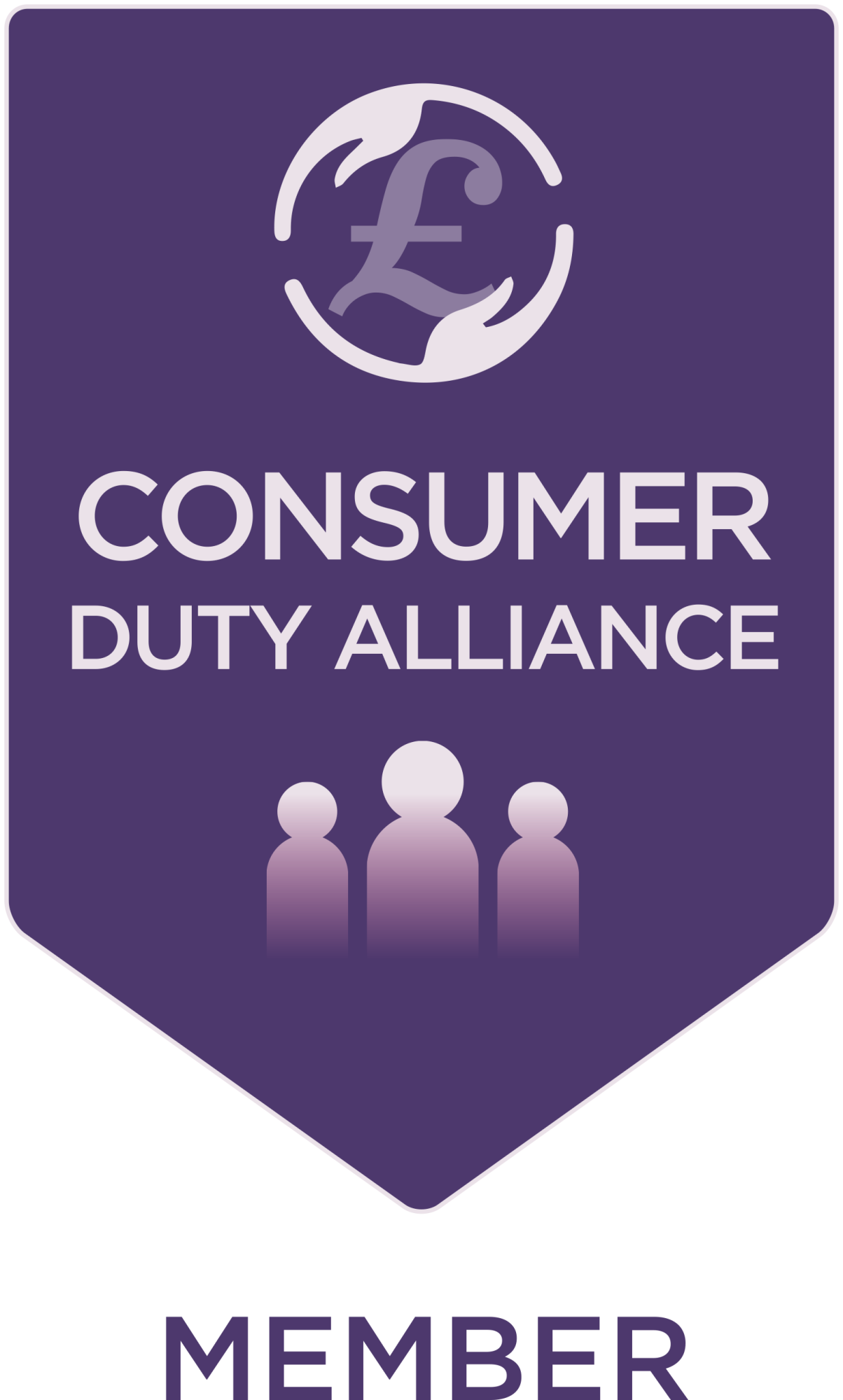
Starting a business in your 50s? Here are 7 finance tips
In 2015 new pension flexibilities were introduced that allowed people aged 55 and over to take lump sums out of the pension savings, to spend, reinvest, or perhaps use as start-up capital for a business venture. Suddenly, a whole generation... Read more
Blog8th Feb 2021
In 2015 new pension flexibilities were introduced that allowed people aged 55 and over to take lump sums out of the pension savings, to spend, reinvest, or perhaps use as start-up capital for a business venture.
Suddenly, a whole generation of men and women with a secret and long-harboured business idea were jauntily humming Abba’s ‘I have a Dream’.
To some of us, this might sound like a lot of hard work, but these days, 50 is the new 30.
The average lifespan in the UK is now 81 years – but this is just the average. The new buzzword in financial circles is ‘planning for the 100-year life’. More of us than ever before will live to see our telegram arrive from Buckingham Palace.
This means that if at 50 you have the appetite for a new challenge, there’s more than one route to take. You could take early retirement and put your feet up, or you could finally start the career you’ve always dreamed of. The one where you follow your passion, live your dream – and call the shots…
If you’re 50 and have a business idea, you’re in good company
The founders of Coca Cola, KFC and McDonald’s were all in their 50s or 60s when they started their businesses. Making a new start after 50 can Finger-lickin’ Good, and more common than you think.
In fact according to AgeUK, the number of self-employed people aged 65 and over has more than doubled in the past five years – this isn’t so hard to believe when you think about the options that open up in later life.
With children leaving home, we’re not pressured with the same financial burdens. Similarly, our savings, investments and pensions may be looking healthier than ever before.
But however certain you are that it’s the right decision, there’s still plenty to think about financially.
Here are seven we think are important to consider:
Funding: the costs of setting up a business can be significant, what capital do you have to set up business? There may be grants available to help too.
Structure: what’s the best business structure for you? Limited company, sole trader or, if you don’t want to go it alone, a partnership? Each one will have an impact on not just your taxes, but your liabilities too.
Plan: every new business needs a business plan. Preferably one that will provide a framework of goals, strategy, threats and opportunities will be ‘futureproofed’ to evolve as you grow.
Market analysis: look at who your competitors are and identify where you have an edge. Perhaps there’s a gaping hole in the market, or perhaps you have a unique niche audience
Survival: businesses can take time to establish and generate income. Plan out how you’ll cover your day-to-day costs, regular bills and savings commitments in those first few critical months.
Connections: think about adding people who could offer professional support to your network Having a circle of trusted partners including banks, accountants, and legal services can help you feel prepared for all eventualities.
Insurance: what are the financial risks to your business? Consider how you might cover loss of earnings, if for example you were affected by a health setback.
There’s a lot to consider, and this is where personalised financial planning can really help. With a range of expertise, crucial information and financial advice under one roof, this is where AAB Wealth comes in.
We’ll walk you through the options and help you to see the risks involved so that you come away feeling confident about starting your new business.
Of course there’s always an element of risk inherent in launching a new venture, but that risk is minimised when you work with us to put all these building blocks into place. To use the words of one of our clients: “Even with the positive figures, you still have to weigh up the pros and cons. But when is it not a risk to follow your dreams?”.
We’d love to chat to you about your business idea. Get in touch today.
This article does not constitute financial advice, and should not form the basis for financial decisions, which should be taken only in consultation with a qualified financial adviser. The value of investments can fall as well as rise, and you may end up with less than you invested.



